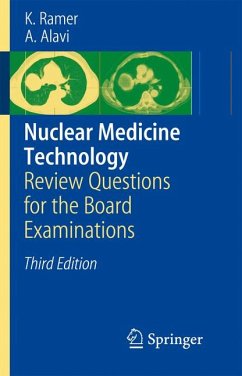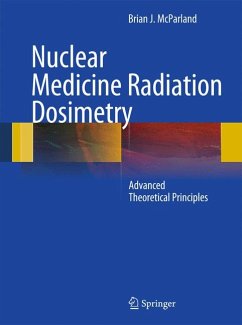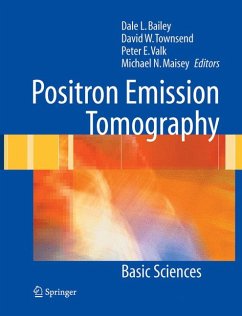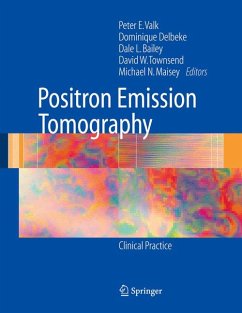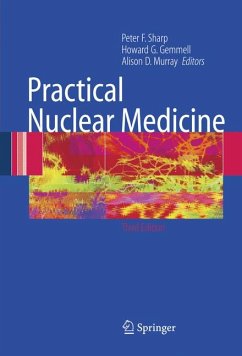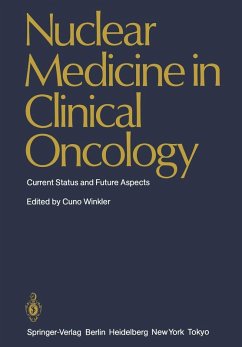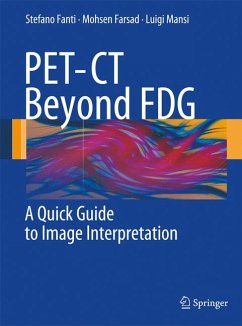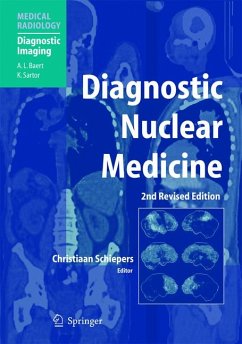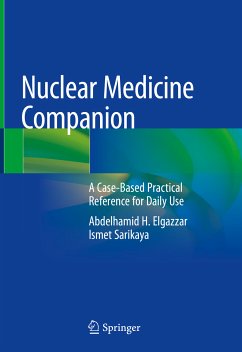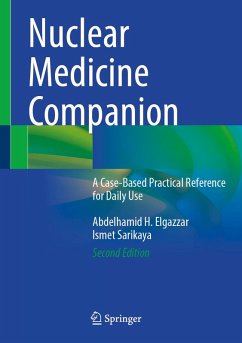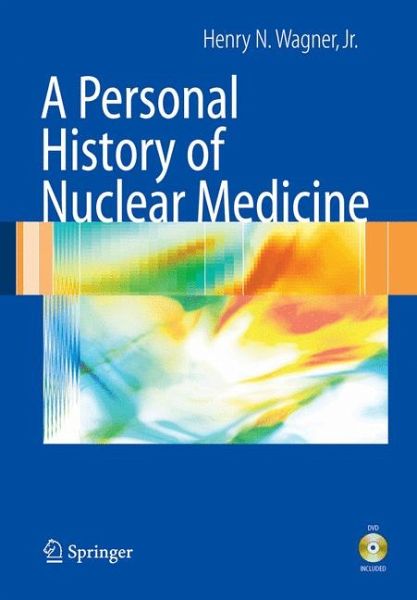
A Personal History of Nuclear Medicine (eBook, PDF)

PAYBACK Punkte
72 °P sammeln!
This book outlines the history of the development of nuclear medicine and describes the hurdles it has had to face. Up to the present day, the diagnosis and treatment of cancer has been primarily surgical. When a mass or an enlarged lymph node is detected, immediate attempts are made to remove it or obtain a histological diagnosis by biopsy. Today, characterization of molecular processes in cancerous lesions by PET can help to determine whether therapy should be aggressive or postponed. The most important reason for the rapid acceptance of PET imaging is its value in the care of patients with ...
This book outlines the history of the development of nuclear medicine and describes the hurdles it has had to face. Up to the present day, the diagnosis and treatment of cancer has been primarily surgical. When a mass or an enlarged lymph node is detected, immediate attempts are made to remove it or obtain a histological diagnosis by biopsy. Today, characterization of molecular processes in cancerous lesions by PET can help to determine whether therapy should be aggressive or postponed. The most important reason for the rapid acceptance of PET imaging is its value in the care of patients with suspected or known cancer, for establishing the diagnosis, planning and monitoring therapy, and in detecting early recurrence. Written for nuclear medicine professionals, non-nuclear medicine physicians and the public, this book chronicles the development of nuclear medicine together with its basic philosophy in the past, present and future.
Dieser Download kann aus rechtlichen Gründen nur mit Rechnungsadresse in A, B, BG, CY, CZ, D, DK, EW, E, FIN, F, GR, HR, H, IRL, I, LT, L, LR, M, NL, PL, P, R, S, SLO, SK ausgeliefert werden.



